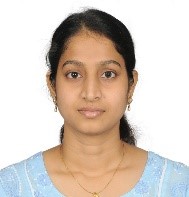
Dr. Amit Singh
Dr. Amit Singh is in the faculty of the University of Essex, UK. His research interests include design and optimization of systems of various scales for security, sustainability, energy-efficiency and high-performance.

Dr. John Jose
Dr. John Jose is an Associate Professor of Indian Institute of Technology, Guwahati. His research interests include multicore computer architectures and secure system on chip design techniques.

Dr. Moumita Patra
Dr. Moumita Patra is an Associate Professor of Indian Institute of Technology, Guwahati. Her research interests include vehicular communication and wireless network security.